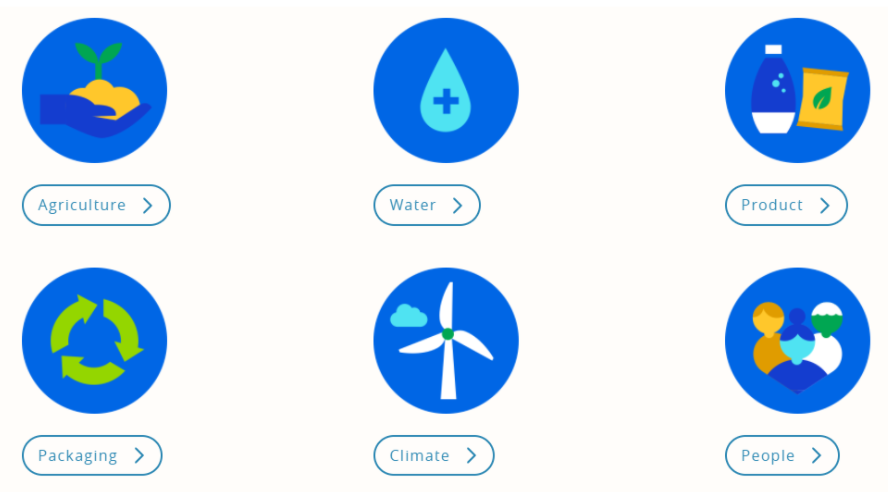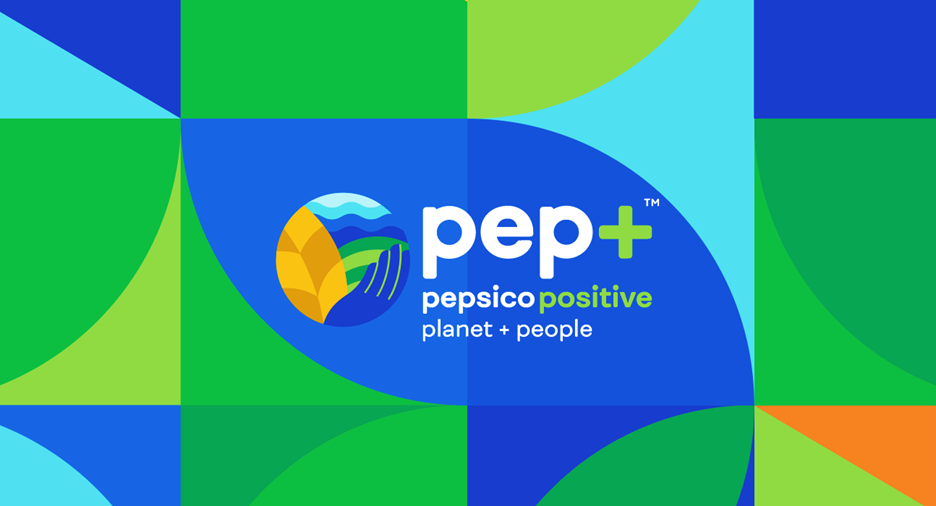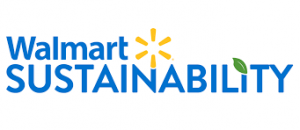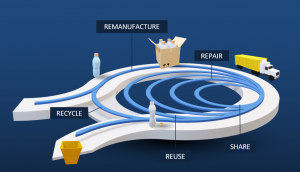PepsiCo, one of the biggest producers of plastic bottles, has set an ambitious goal to drastically cut its use of the material as part of a new initiative Pep +. In 2020 it used 2.4 million metric tons of plastic to package products including primary, secondary, and tertiary packaging.
In 2020, PepsiCo’s total GHG emissions across Scopes 1, 2 and 3 were approximately 59 million metric tons of carbon dioxide equivalent (CO2e) and 93% of the carbon footprint comes from the value chain, or Scope 3 emissions.
In the COP26 event, PepsiCo announced plans to reduce absolute GHG emissions across its direct operations (Scope 1 and 2) by 75% and its indirect value chain (Scope 3) by 40% by 2030 (2015 baseline). This action is expected to result in the reduction of more than 26 million metric tons of GHG emissions or the equivalent of taking more than five million cars off the road for a full year.
If we look at its emissions footprint in more detail you can see agriculture, packaging and third-party transportation and distribution are the largest contributors overall which fall under their scope 3 emissions
The pep+ initiative has below 6 focus areas.

Agriculture
With agriculture accounting for approximately one quarter of worldwide GHG emissions and one-third of PepsiCo’s emissions, PepsiCo focus is to scale sustainable agriculture and regenerative practices that help lead to emissions reduction and sequestration, as well as improved soil health and biodiversity, decreased deforestation, and increased productivity for farmers.
A lot of the emission comes from the use of pesticides and fertilisers during farming. It is piloting a scheme in the UK to process potato peelings into low-carbon fertiliser on its supplier farms aiming to reduce fertiliser emissions by about 70 per cent.
It has also set up 350 “Demonstration Farms”, which provide localized training and tools to implement sustainable practices.
Packaging
In packaging PepsiCo is following the mantra of Reduce, Recycle and ReInvent. Also with more countries implementing EPR(enhanced producers responsibility)scheme where the companies will be made to pay for their end of life plastic recycling packages based on the recyclable contents in its packaging, it’s crucial for companies to rethink their packaging strategy. From April this year, the UK is due to roll out a plastic packaging tax at a rate of £200 per tonne to companies who have manufactured or imported 10 tonnes of plastic packaging components in past 12 months.
- Reduce: PepsiCo plans to reduce virgin plastics by 50% and increase recycled content in its packaging by the end of the next decade. Its working with Pulpex Limited to further develop and scale the world’s first recyclable paper bottle. However, it has limited application as it is difficult to package carbonated drinks in paper bottles or tetra packs.
- Recycle: PepsiCo aims to use recyclable plastics in all its key brand’s packaging however with a lack of recycling infrastructure this remains a huge challenge.
- ReInvent: It has also joined the NaturALL Bottle Alliance which is a research consortium formed in 2017 by Danone, Nestlé Waters and bio-based materials development company Origin Materials to accelerate the development of innovative carbon-negative packaging solutions made with 100% sustainable and renewable resources. I.e biomass feedstocks, such as previously used cardboard and sawdust.
This does eliminate the use of hydrocarbons in manufacturing plastic bottles however the handling, disposal and recycling still remain a challenge.
The recent acquisition of Sodastream, a gadget that enables consumers to easily transform ordinary tap water into sparkling water and flavoured sparkling water. This provides consumers with a green alternative to bottled and canned carbonated soft drinks
Supplier Collaboration:
US food giants Mars, PepsiCo and McCormick & Co. are part of a new “coalition” that aims to mobilise suppliers on climate action.
The Supplier Leadership on Climate Transition (Supplier LoCT) mobilizes collective climate action by providing suppliers with resources, tools, and knowledge to support their own climate journeys.
Supplier LoCT has three primary components:
- An educational seminar series
- Supplier maturity scoring, with four levels of recognition
- A monthly check-in to drive dialogue for brands
The programme provides positive recognition (bronze, silver, gold) for suppliers and provides the needed support
Impact
Over 210 Mars, PepsiCo, and McCormick suppliers are participating in Supplier LoCT. It’s influencing suppliers to take inventory of emissions, set science-based targets, and curb emissions at scale.
However, only 8 per cent of PepsiCo’s suppliers have climate targets approved by the Science-Based Targets initiative.
Key Takeaways:
For larger Companies:
It’s essential to collaborate not only with your suppliers but also with the other organisations in the industry to help solve similar problems. PepsiCo Supplier Leadership on Climate Transition (Supplier LoCT) alliance with Mars and McCormick and NaturALL Bottle Alliance with Nestle and Danone waters are great examples.
The companies which have efficient supply chains are more likely to advance in sustainability goals compared to others.
For Smaller Companies
Companies which are not on the path of becoming sustainable are less attractive for investments/acquisitions as these would derail larger organisation climate goals. In PepsCo’s case, Sodastream is a good addition to its portfolio because of its potential to help Pepsco reduce its dependency on plastic PETs while delivering great taste to the end customers.




Average Rating